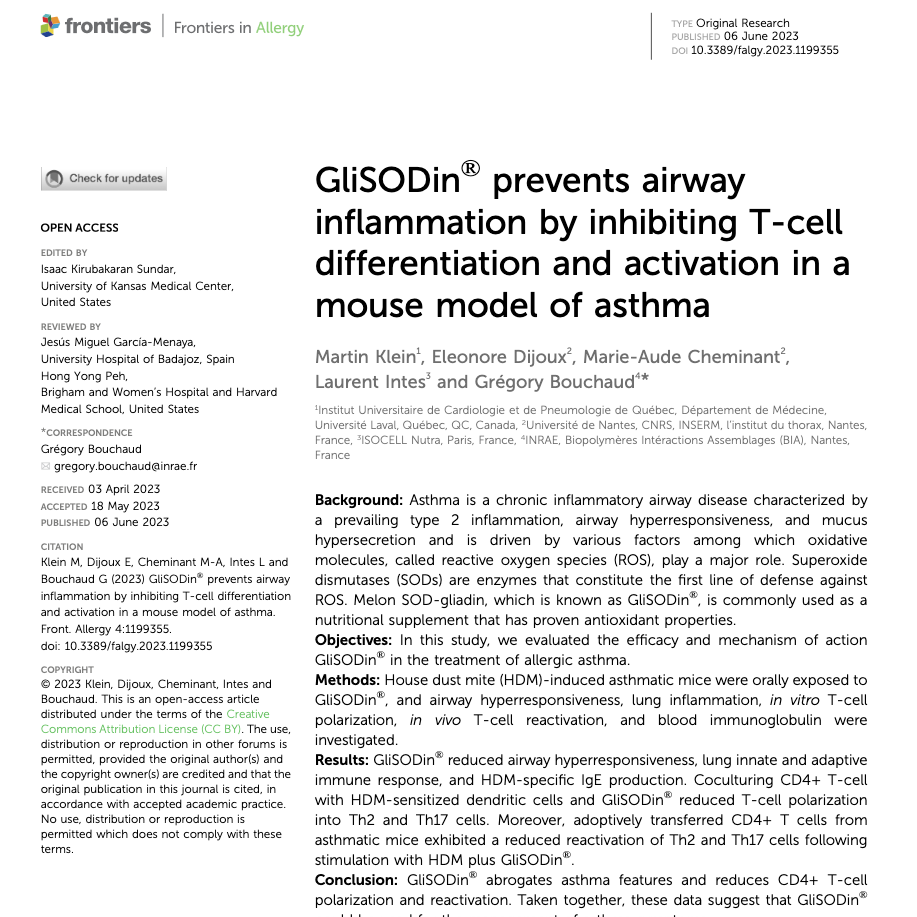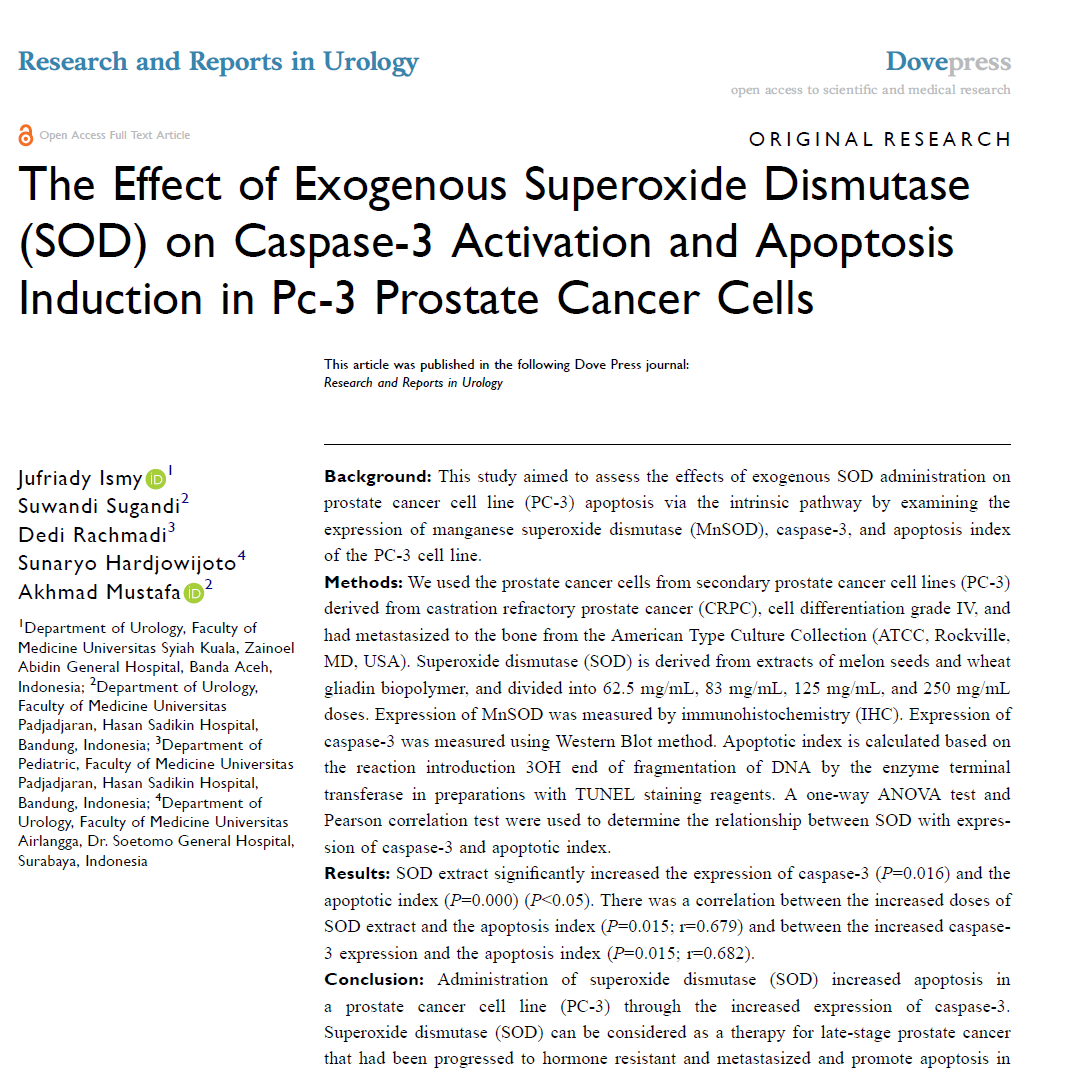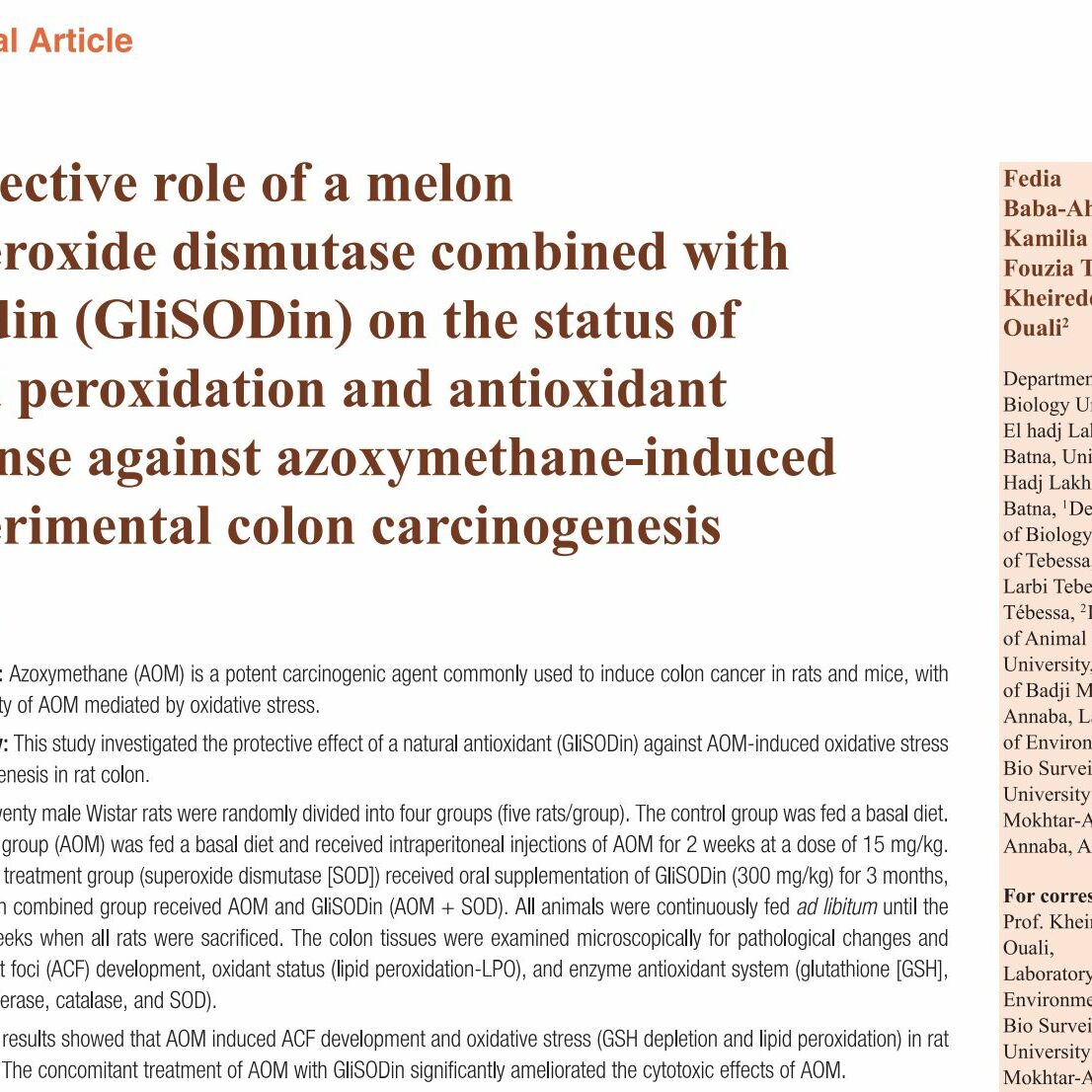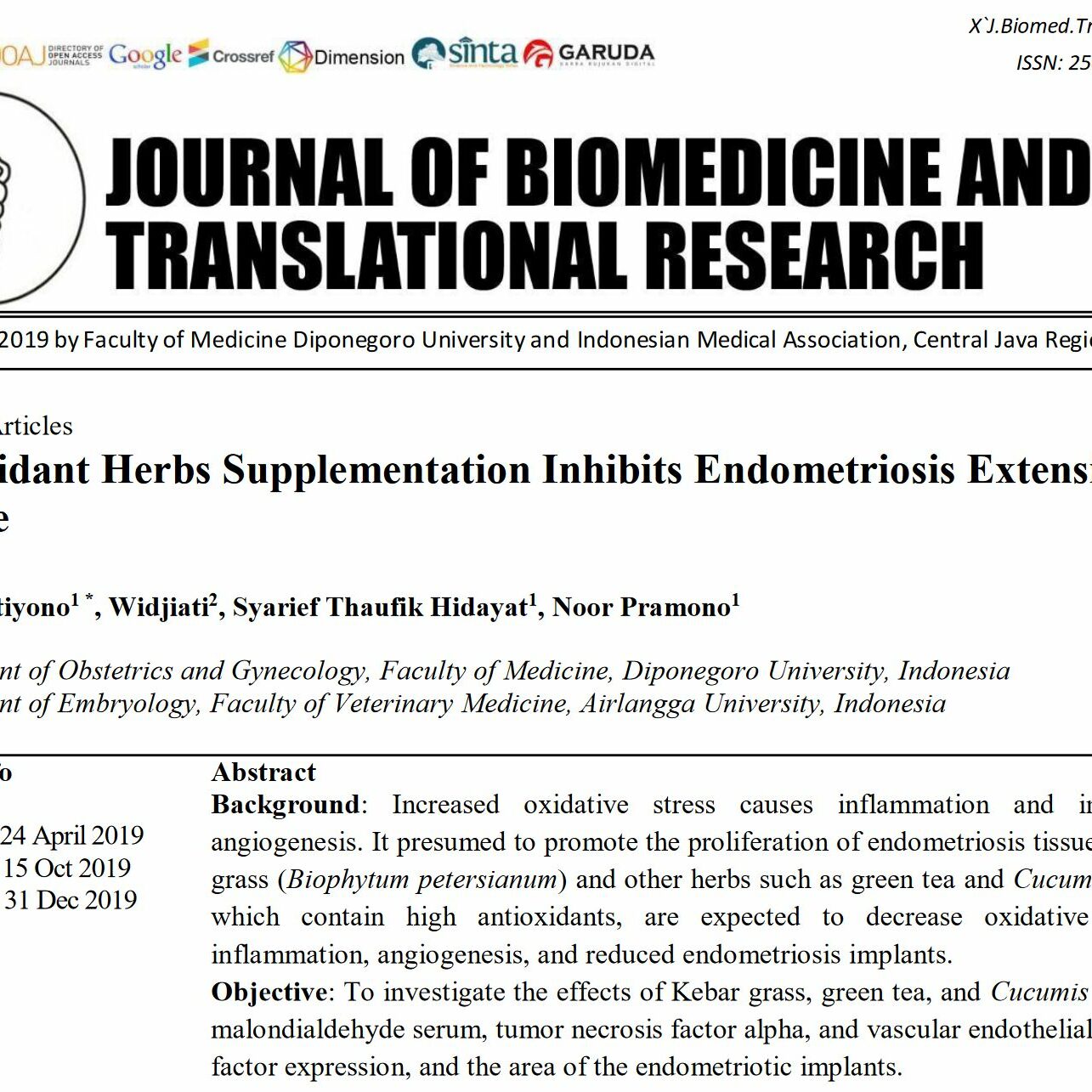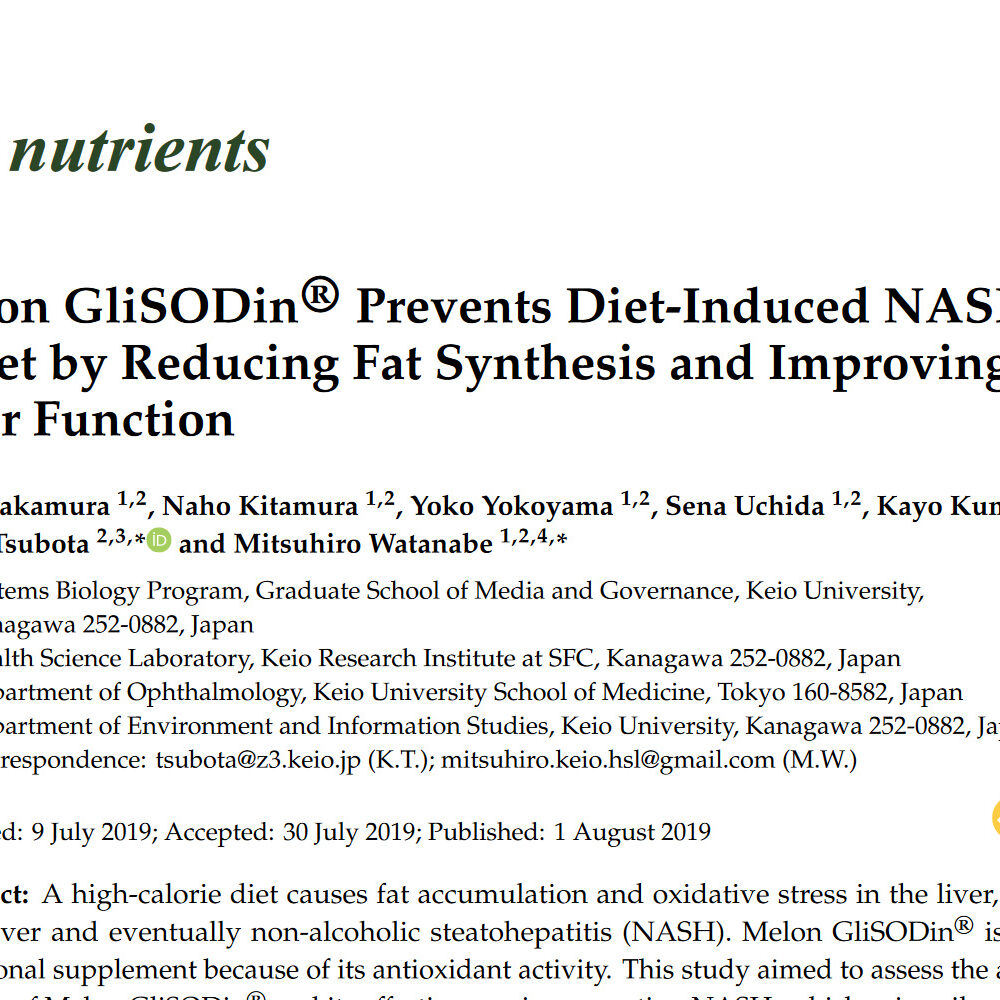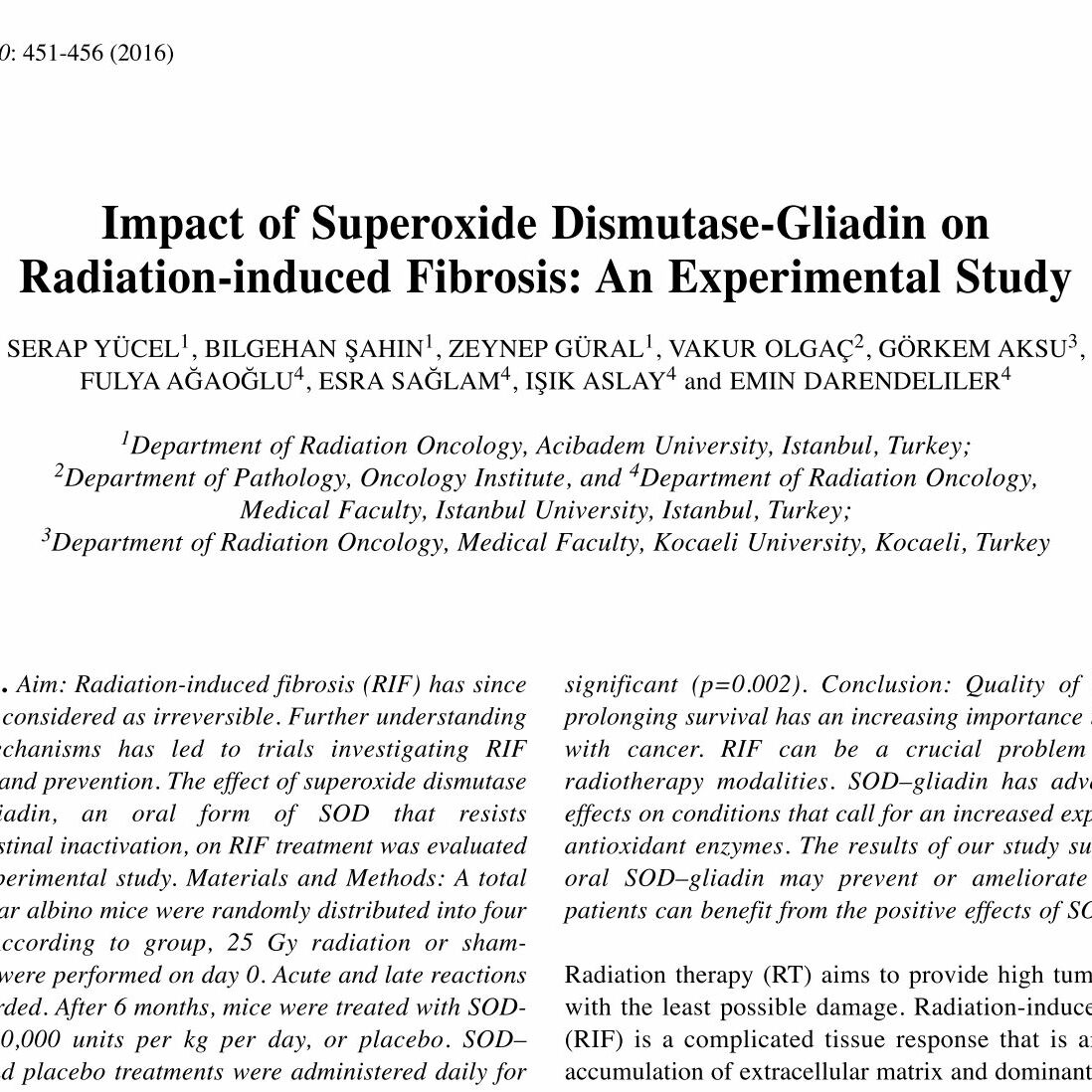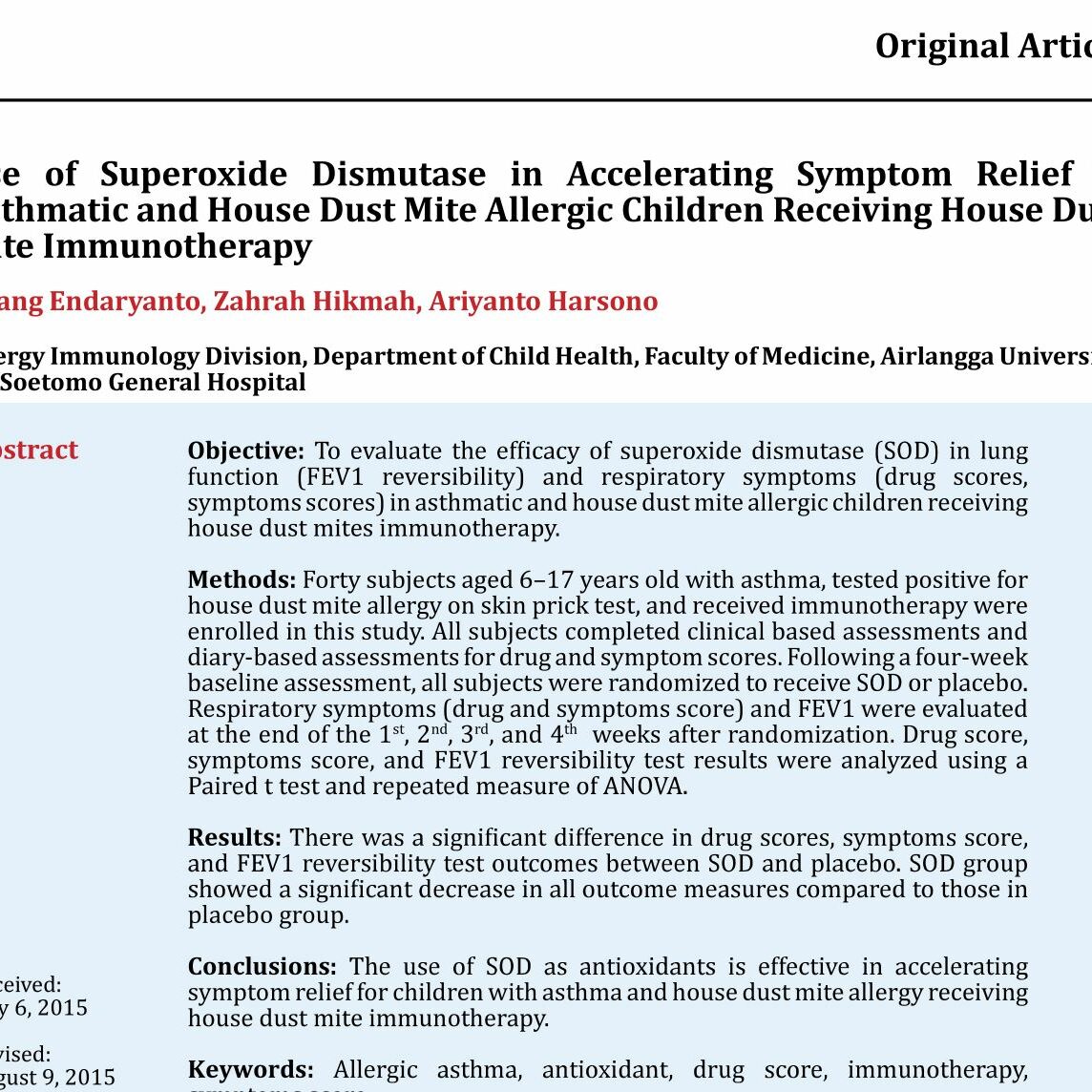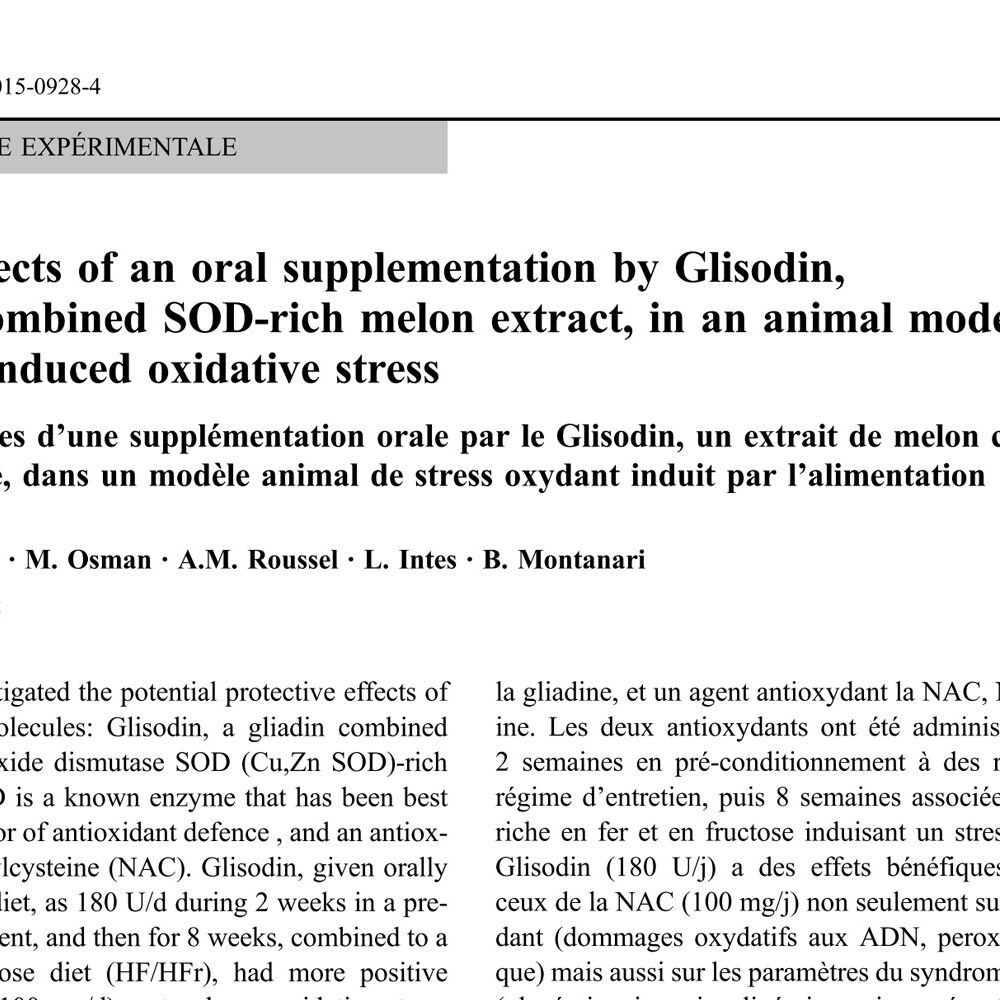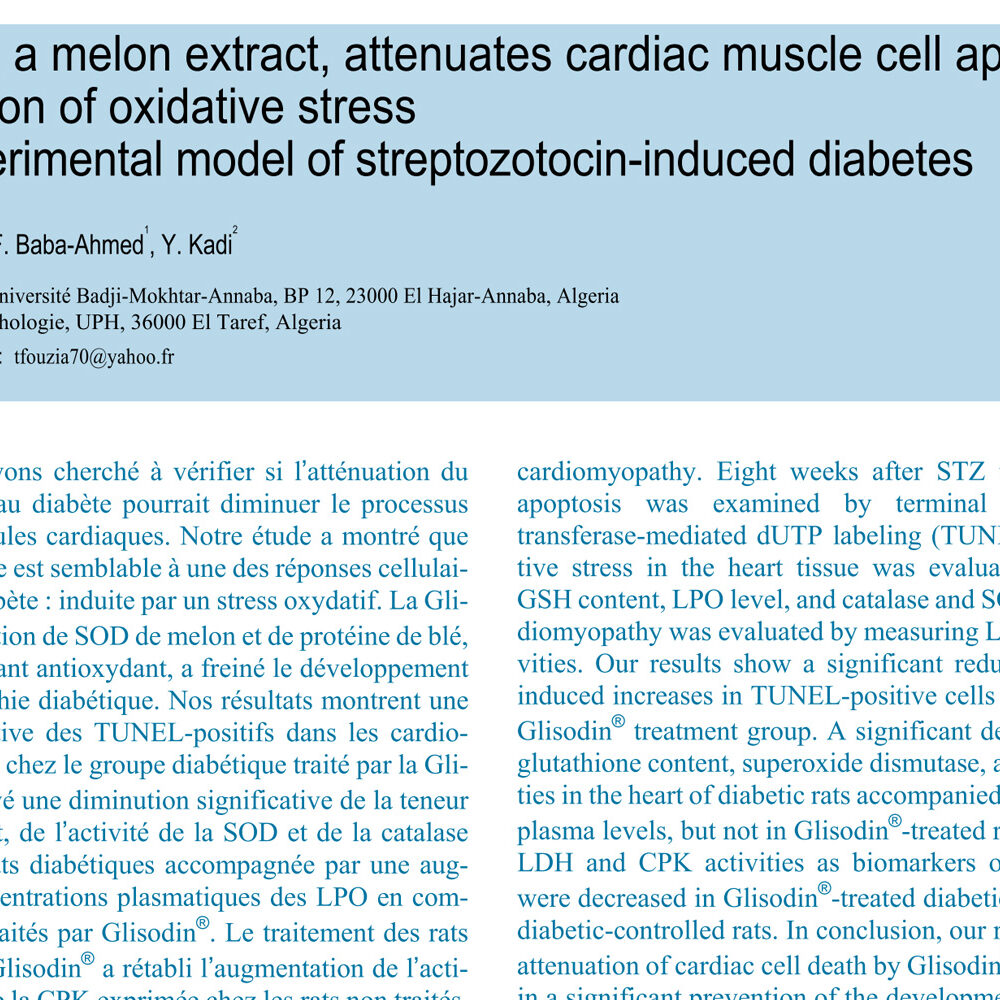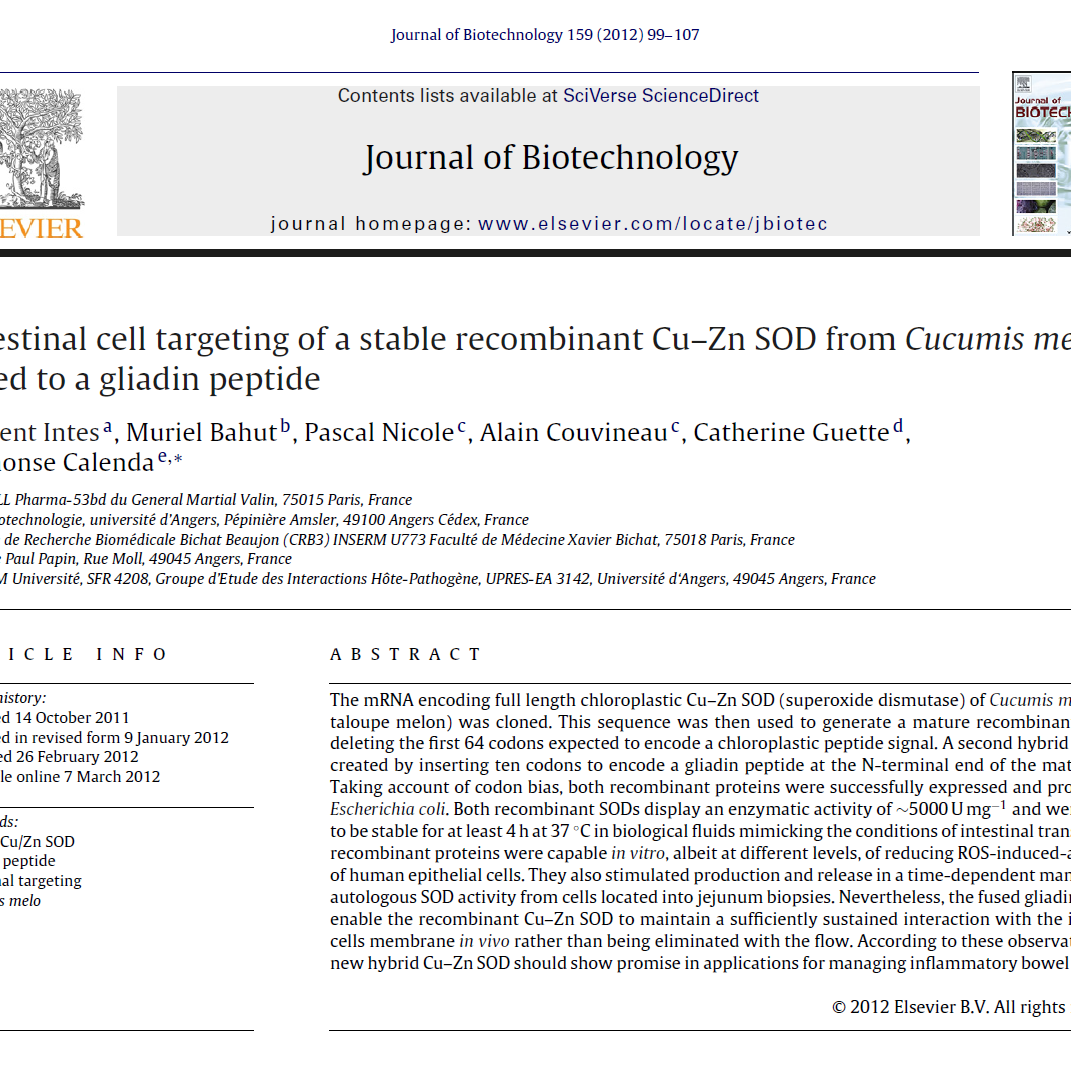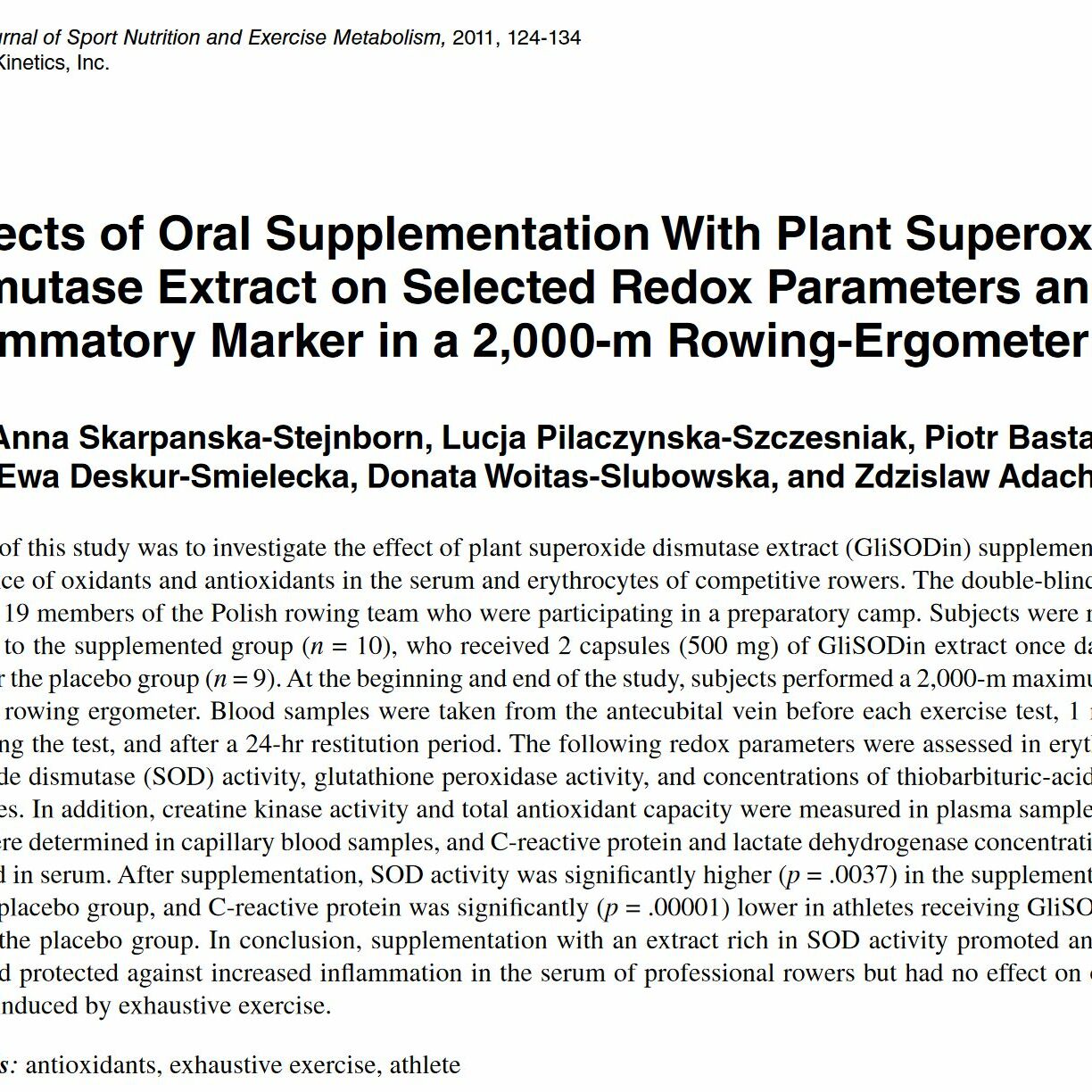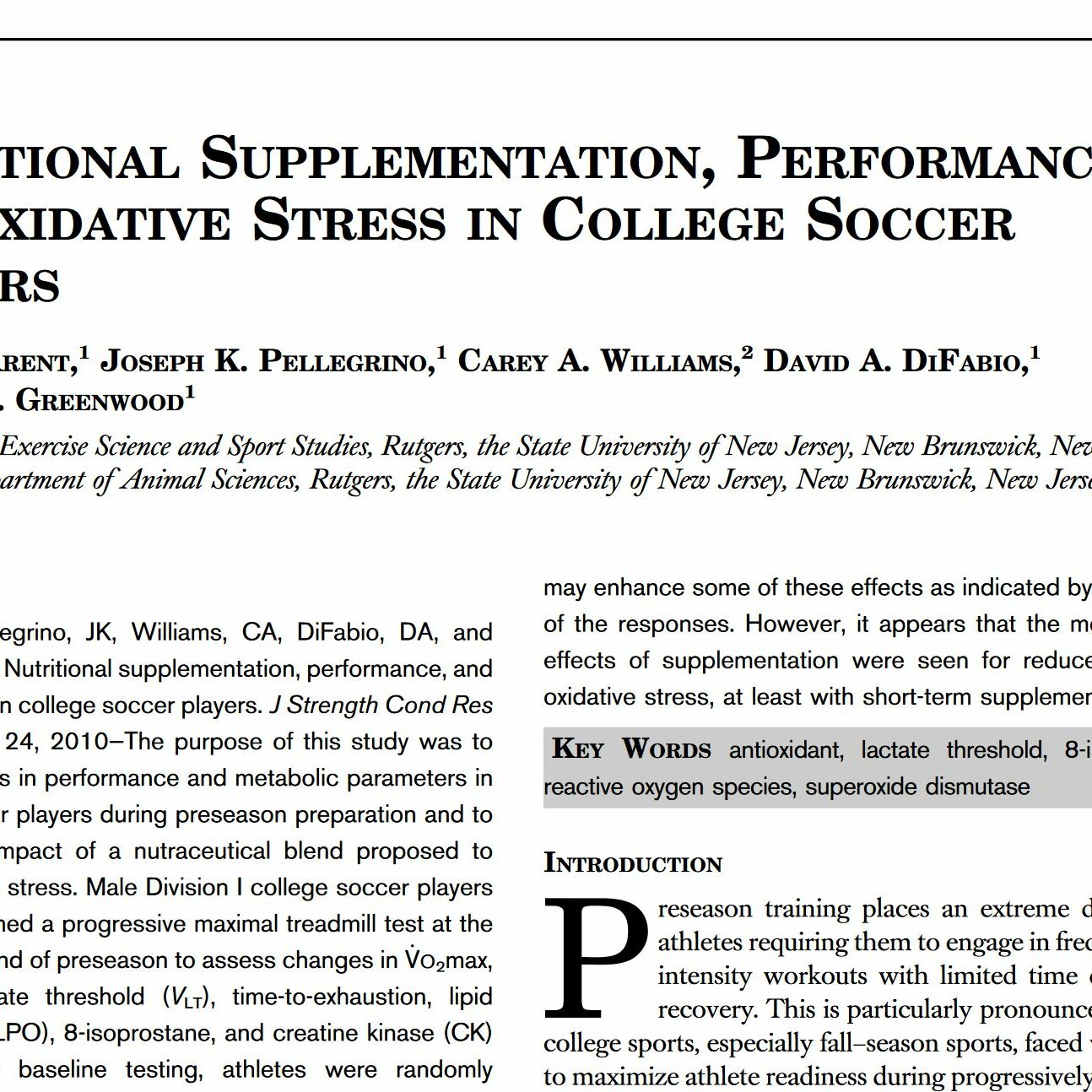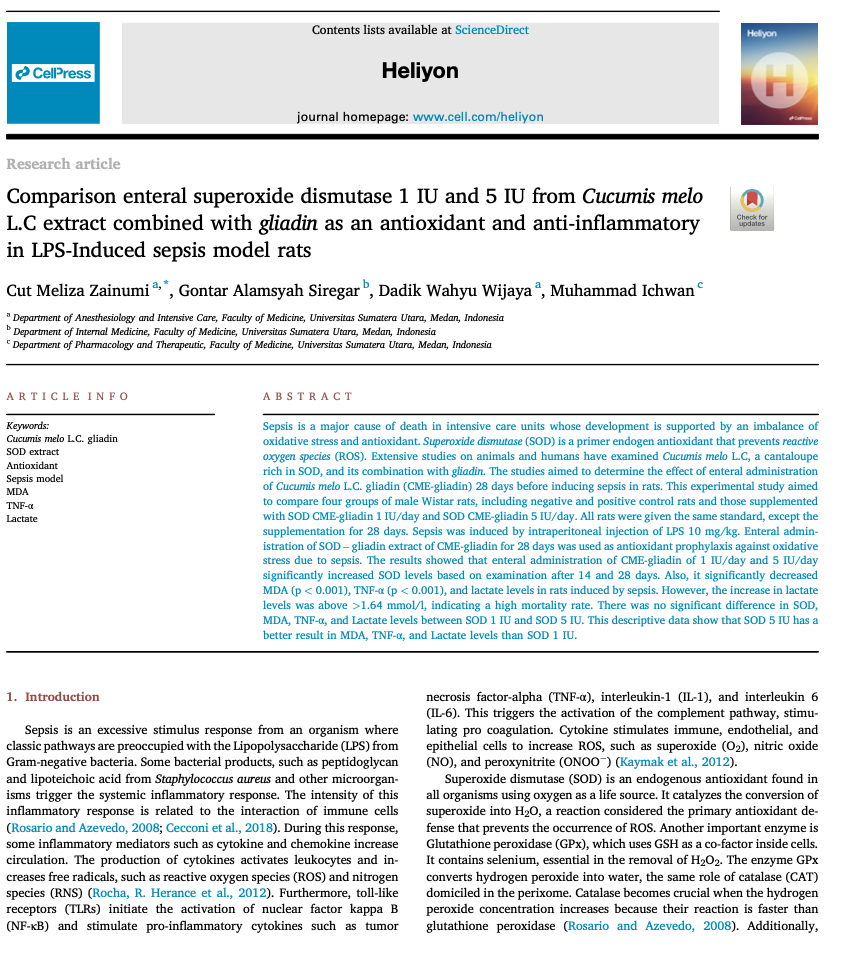
- Journal: Heliyon
- Date: 2022 August
- DOI: 10.1016/j.heliyon.2022.e10236
Abstract
Sepsis is a major cause of death in intensive care units whose development is supported by an imbalance of oxidative stress and antioxidant. Superoxide dismutase (SOD) is a primer endogen antioxidant that prevents reactive oxygen species (ROS). Extensive studies on animals and humans have examined Cucumis melo L.C, a cantaloupe rich in SOD, and its combination with gliadin. The studies aimed to determine the effect of enteral administration of Cucumis melo L.C. gliadin (CME-gliadin) 28 days before inducing sepsis in rats. This experimental study aimed to compare four groups of male Wistar rats, including negative and positive control rats and those supplemented with SOD CME-gliadin 1 IU/day and SOD CME-gliadin 5 IU/day. All rats were given the same standard, except the supplementation for 28 days. Sepsis was induced by intraperitoneal injection of LPS 10 mg/kg. Enteral administration of SOD – gliadin extract of CME-gliadin for 28 days was used as antioxidant prophylaxis against oxidative stress due to sepsis. The results showed that enteral administration of CME-gliadin of 1 IU/day and 5 IU/day significantly increased SOD levels based on examination after 14 and 28 days. Also, it significantly decreased MDA (p < 0.001), TNF-α (p < 0.001), and lactate levels in rats induced by sepsis. However, the increase in lactate levels was above >1.64 mmol/l, indicating a high mortality rate. There was no significant difference in SOD, MDA, TNF-α, and Lactate levels between SOD 1 IU and SOD 5 IU. This descriptive data show that SOD 5 IU has a better result in MDA, TNF-α, and Lactate levels than SOD 1 IU.

